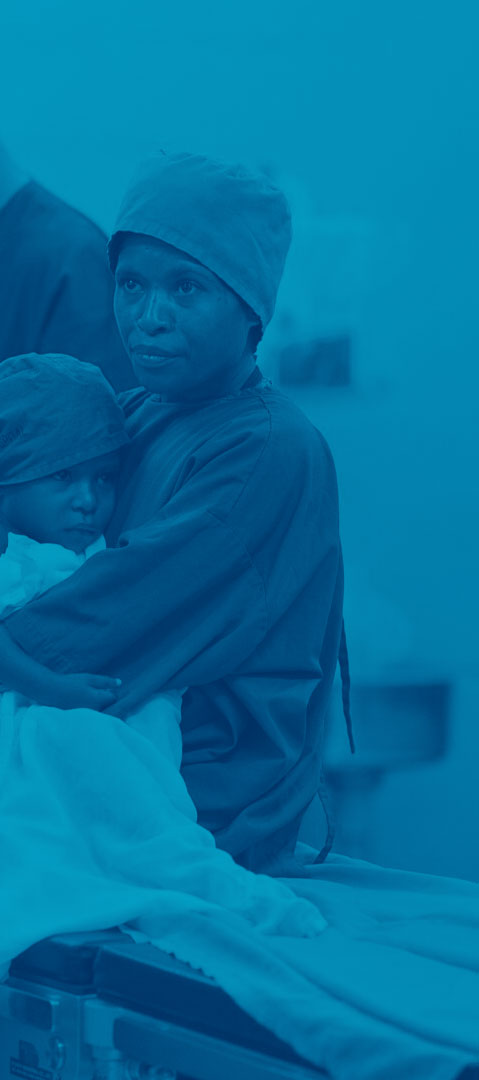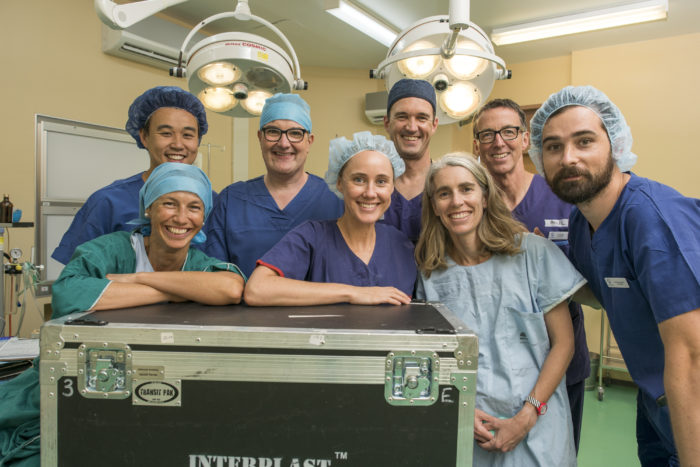Links to useful resources
United Nations (UN) Women has published a series of publications and tools relating to women’s rights and gender equality, which can be found here.
The Australian Government Department of Foreign Affairs & Trade (DFAT) has compiled a list of websites related to gender equality which may be useful.
The International Labor Organisation has published a number of resources which can be found here.
The Asian Development Bank has published a useful list of resources here.
The following organisations (to which Interplast is not affiliated) work in many of Interplast’s partner countries, with a focus on child protection. They may be able to assist in developing policies, processes and other resources which are specific to local needs:
International Women’s Development Agency (IWDA)
Pacific Women
United Nations Development Program
The Asia Foundation




